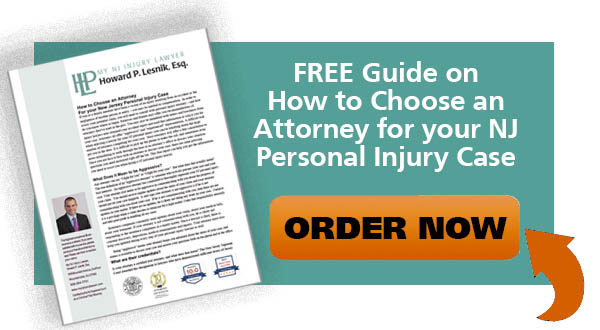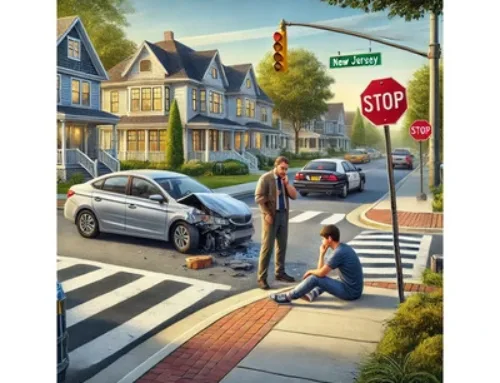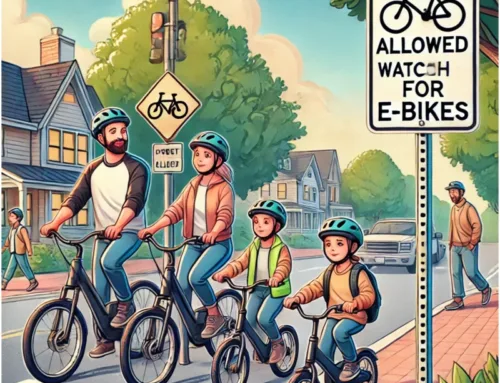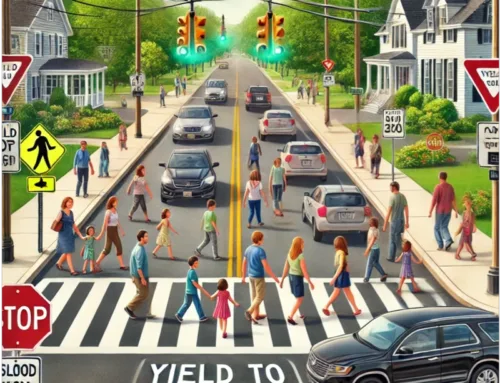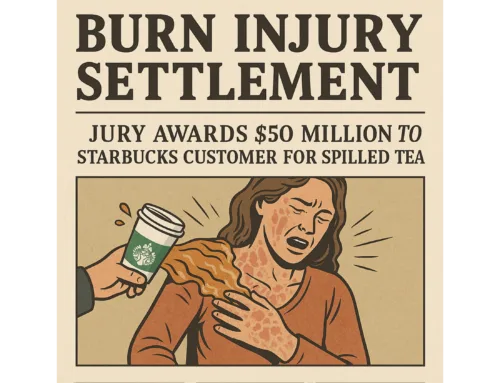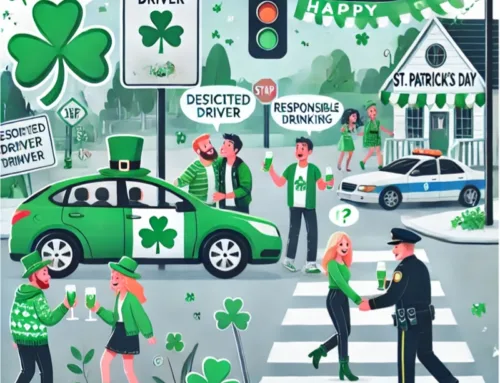The rise of autonomous vehicles has introduced new legal challenges, particularly when accidents occur. Liability, insurance claims, and regulatory oversight all become more complicated when a self-driving system is involved. Courts and lawmakers are still navigating these complexities, making autonomous vehicle litigation a rapidly evolving area of law.
Liability in Autonomous Vehicle Accidents
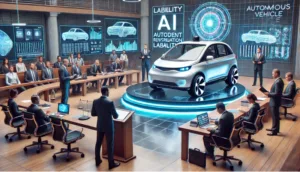 One of the biggest questions in these cases is determining who is responsible. Traditional car accidents usually involve clear liability—either the driver, another motorist, or a third party. With autonomous vehicles, liability can extend to multiple parties, including:
One of the biggest questions in these cases is determining who is responsible. Traditional car accidents usually involve clear liability—either the driver, another motorist, or a third party. With autonomous vehicles, liability can extend to multiple parties, including:
- Vehicle Owners – Even though the car operates autonomously, the owner may still bear some responsibility, especially if the vehicle was not properly maintained.
- Automakers – If a defect in the self-driving system contributes to an accident, the manufacturer could be held liable under product liability laws.
- Software Developers – Many autonomous systems rely on third-party software. If a coding flaw leads to a collision, the company behind the software could face legal action.
- Government Entities – If an accident is caused by poor infrastructure, like malfunctioning traffic signals or unclear road markings, government agencies may also share responsibility.
A 2022 report by the National Highway Traffic Safety Administration (NHTSA) found that 392 crashes involved automated driving systems, raising concerns about software reliability. NHTSA Report
Insurance Complications
Traditional auto insurance policies are designed around human drivers. The introduction of self-driving technology has led to uncertainty about coverage. Some of the key challenges include:
- Determining Fault – Insurers must investigate whether the driver, the vehicle’s system, or an external factor caused the crash.
- Policy Adjustments – Many insurance companies are modifying policies to account for autonomous technology, shifting coverage more toward manufacturers rather than individual drivers.
- Higher Repair Costs – Autonomous vehicles contain advanced sensors and software, making repairs more expensive. This could lead to increased premiums for owners.
According to a 2023 study, autonomous vehicle repairs cost up to 50% more than repairs for traditional cars. Autonomous Vehicle Repair Study
Regulatory Challenges
Governments are still developing laws to address self-driving cars. Current regulations vary by state, leading to inconsistencies in how accidents are handled. Key legal concerns include:
- Testing Standards – States have different requirements for testing autonomous vehicles on public roads.
- Data Collection – Many self-driving systems collect large amounts of data. Legal disputes may arise over access to this data in accident investigations.
- Safety Certification – Unlike traditional vehicles, autonomous cars rely heavily on software updates. This raises questions about how safety standards should be enforced over time.
As of 2024, only 29 states have laws specifically addressing autonomous vehicle operation. Automated Vehicles Legislation
Legal Defenses in Autonomous Vehicle Cases
Manufacturers and developers often use specific legal arguments to defend against liability claims. Some of the most common defenses include:
- User Negligence – If the vehicle requires human oversight and the driver fails to intervene, the manufacturer may argue that the driver is at fault.
- Software Limitations – Companies may claim that the technology is still evolving and that users must understand its limitations before operating the vehicle.
- Unforeseen Circumstances – Some accidents occur due to unpredictable external factors, like erratic human drivers or hazardous weather conditions.
Steps to Take After an Autonomous Vehicle Accident
If you’re involved in an accident with a self-driving car, taking the right steps can strengthen your legal case:
- Call 911 – Report the accident to law enforcement and request medical attention if needed.
- Gather Evidence – Take photos of the scene, document damage, and collect witness statements.
- Request Vehicle Data – Many autonomous vehicles store crash data that can be used as evidence.
- Consult an Attorney – Legal professionals can help navigate the complexities of these cases.
Get Legal Help Today
With autonomous vehicle litigation still evolving, securing legal representation is essential for protecting your rights. If you or a loved one has been involved in an accident with a self-driving vehicle, Contact Us Today for a free strategy session.
Contact MyNJInjuryLawyer
Have questions? Need answers about an injury that occurred in New Jersey as a result of someone else’s negligence? If you or a loved one suffered an injury in an accident, you should contact an attorney familiar with handling these claims. My NJ Injury Lawyer Howard P. Lesnik, Esq. offers free strategy sessions to address any issue or questions you may have about your injury, medical bills or your accident claim. I personally handle NJ personal injury cases on a regular basis. Please contact me now by email, by phoning 908.264.7701, or by completing the form to the right to schedule your complimentary 30-minute strategy session.


